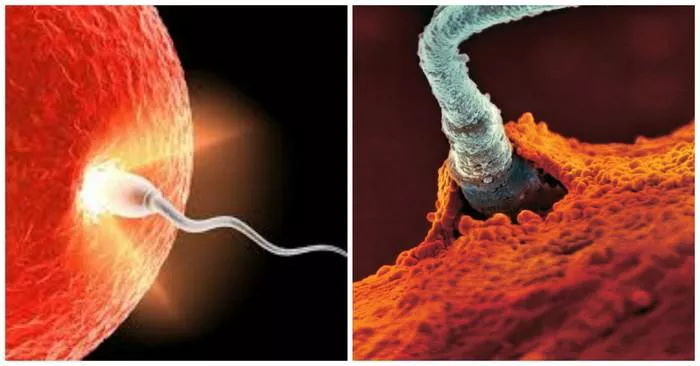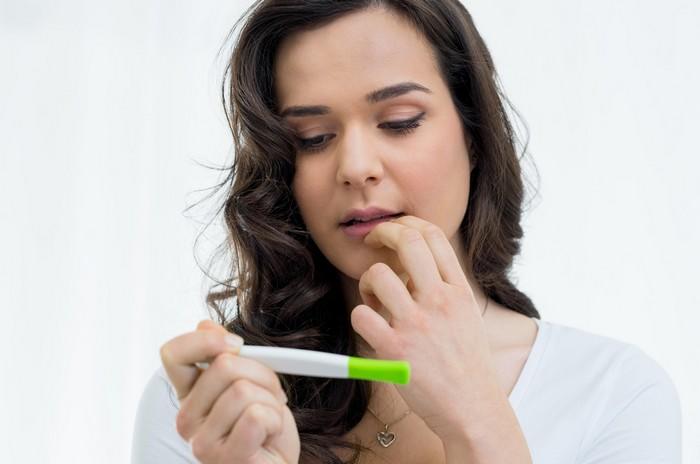The quest for fertility often leads to a plethora of questions, myths, and misconceptions. One such query that frequently arises is whether ejaculating every day can boost sperm count. In this article, we’ll unravel this common misconception, examining the intricacies of sperm production and shedding light on the relationship between ejaculation frequency and sperm count.
The Basics of Sperm Production: Understanding the Process
Before delving into the question at hand, it’s essential to grasp the fundamentals of sperm production. Spermatozoa, or sperm cells, are produced within the seminiferous tubules of the testes through a complex process known as spermatogenesis. This continuous cycle of sperm production is regulated by various hormones and physiological factors.
Dispelling the Myth: The Truth About Ejaculation Frequency and Sperm Count
Contrary to popular belief, ejaculating every day does not necessarily increase sperm count. In fact, frequent ejaculation may have the opposite effect in some cases. Like a well-oiled machine, the male reproductive system operates optimally when in balance. Ejaculation triggers the release of sperm stored in the epididymis and vas deferens, which are then replenished through ongoing spermatogenesis. However, excessive ejaculation without sufficient time for sperm production and maturation may result in lower sperm counts per ejaculation.
An Analogy: The Sperm Reservoir
To better understand this concept, let’s consider an analogy. Imagine a reservoir replenished by a steady stream of water from underground springs. If the reservoir is constantly drained at a rate faster than it can be refilled, the water level will gradually decrease. Similarly, frequent ejaculation without adequate time for sperm production may deplete the “sperm reservoir,” leading to lower sperm counts.
Frequency vs. Fertility: Striking a Balance
While ejaculating every day may not necessarily increase sperm count, it’s important to strike a balance that promotes both reproductive health and sexual satisfaction. For couples trying to conceive, timing intercourse to coincide with the woman’s fertile window is key. This may involve abstaining from ejaculation for a few days leading up to ovulation to ensure higher sperm counts and optimal fertility potential.
The Role of Individual Factors: Considering Variability
When exploring the relationship between ejaculation frequency and sperm count, it’s crucial to acknowledge the role of individual factors. These factors can significantly influence how ejaculation frequency impacts sperm production and overall fertility. Let’s delve deeper into some of these key considerations:
1. Age:
Age plays a pivotal role in male fertility, with sperm quality and quantity often declining as men age. Younger men typically have higher baseline sperm counts and faster replenishment rates, allowing for more frequent ejaculation without significant impact on sperm production. On the other hand, older men may experience slower sperm production and reduced sperm quality, making them more sensitive to changes in ejaculation frequency.
2. Overall Health:
General health and wellness are fundamental aspects of reproductive function. Men who maintain a healthy lifestyle, including regular exercise, balanced nutrition, and abstaining from harmful habits such as smoking and excessive alcohol consumption, are more likely to have optimal sperm production and fertility. Conversely, underlying health conditions such as obesity, diabetes, or hormonal imbalances can negatively affect sperm count and quality, potentially altering the relationship between ejaculation frequency and sperm production.
Consulting a Healthcare Provider: Personalized Guidance for Fertility
For couples concerned about fertility or seeking to optimize their chances of conception, consulting with a healthcare provider specializing in reproductive health is invaluable. A thorough evaluation can help identify any underlying issues impacting fertility and provide personalized guidance on ejaculation frequency, timing intercourse, and lifestyle modifications to enhance fertility potential.
Conclusion:
In conclusion, while ejaculating every day may not increase sperm count, maintaining a balanced approach to ejaculation frequency is essential for reproductive health and fertility. By understanding the intricacies of sperm production and considering individual factors, couples can navigate the path to conception with confidence and clarity. Ultimately, open communication, informed decision-making, and seeking professional guidance when needed are crucial steps in the journey towards parenthood.
[inline_related_posts title=”You Might Be Interested In” title_align=”left” style=”list” number=”6″ align=”none” ids=”1752,1756″ by=”categories” orderby=”rand” order=”DESC” hide_thumb=”no” thumb_right=”no” views=”no” date=”yes” grid_columns=”2″ post_type=”” tax=””]
























